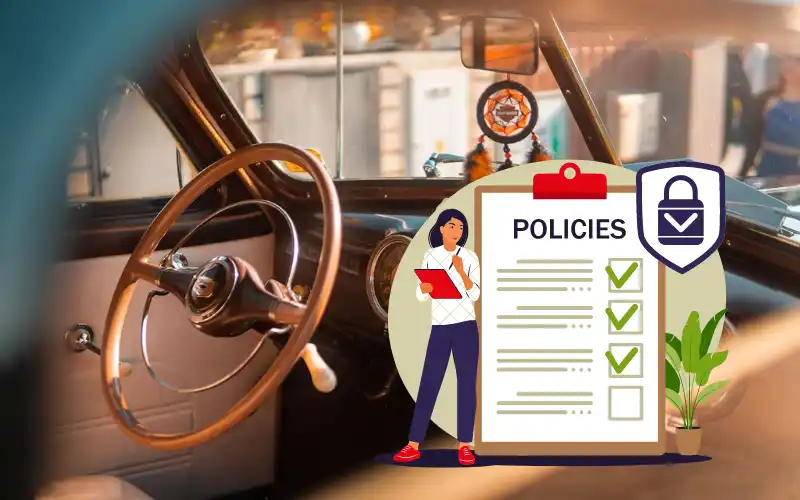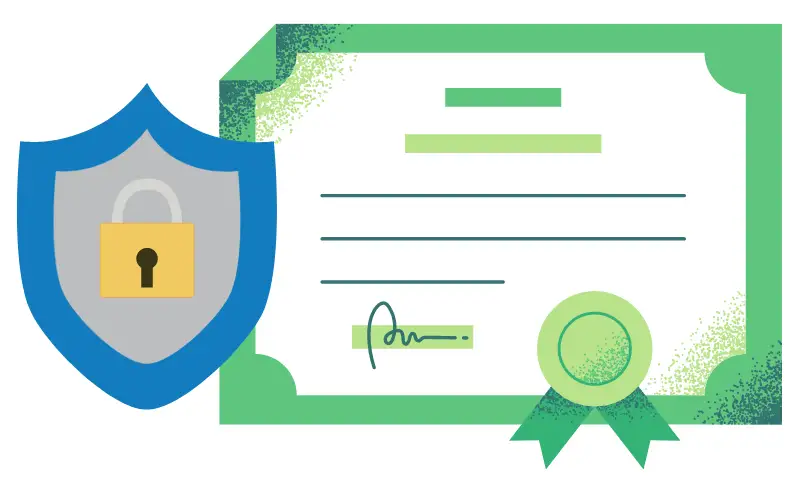You’ve made a car insurance claim, but now you’re having second thoughts.
Maybe the damage was less costly than you initially thought, or perhaps you’ve realised your premium might take a hit.
Whatever the reason, the burning question is: can you cancel a car insurance claim? Let’s dive in.

The Short Answer: Yes, You Can (Most of the Time)
Most insurers in the UK allow you to cancel a car insurance claim, but there are caveats.
Whether it’s a good idea depends on timing, the type of claim, and your insurer’s policies.
Why Would You Cancel a Claim?
Here are some common reasons:
- Minor Damage: After filing the claim, you discover the repair cost is lower than your policy excess.
- Avoiding Premium Increases: Claiming might hike your renewal premium or impact your no-claims discount (NCD).
- Self-Funded Repairs: You’ve decided it’s easier or cheaper to fix the issue yourself.
- Settlement Disputes: You’re unhappy with the settlement offer from your insurer.
Key Considerations Before Cancelling
Here’s a handy table to help you weigh your decision:
| Factor | Why It Matters |
|---|---|
| Claim Status | If your insurer has already paid out, cancellation may not be an option. |
| Excess Amount | Compare the excess with repair costs to see if the claim is worth pursuing. |
| No-Claims Discount | Cancel to protect your NCD if your insurer lets you. |
| Premium Impact | Claims can raise your premium for up to 5 years. |
| Administrative Fees | Some insurers charge fees for cancelling a claim. |
The Process of Cancelling a Claim
- Contact Your Insurer: Notify them as soon as possible. Be clear about your intention to cancel.
- Provide Reasoning: Explain why you want to cancel. They may ask questions to ensure clarity.
- Check for Fees: Some insurers may charge a cancellation fee or adjust your records accordingly.
- Written Confirmation: Request written confirmation that your claim has been cancelled.
” hen calling your insurer, keep your tone polite. Think of it like returning a dodgy toaster; no one likes a cranky customer.”
Common Scenarios and Outcomes
Here’s how cancellation plays out in different scenarios:
| Scenario | Can You Cancel? | Outcome |
| Filed claim but no payout | Yes | Claim is removed from your record. |
| Insurer has paid out | Unlikely | Cancellation is typically not allowed. |
| Third-party claim (e.g., another driver involved) | No | Once another party is involved, cancellation is out of your hands. |
| Fault vs Non-Fault Claim | Yes (fault claims only, before payout) | Protects your NCD if handled correctly. |
The Upsides and Downsides of Cancelling
Upsides:
- Retain your no-claims discount (in some cases).
- Avoid premium hikes.
- Simplify the process if costs are manageable out-of-pocket.
Downsides:
- Wasted time and effort on the initial claim process.
- Some insurers might still record it as a “notification”, visible to future insurers.
- Potential cancellation fees.
“Cancelling a claim might feel like dodging a bullet, but remember: you might still get grazed!”
Practical Tips for Making an Informed Decision
- Get a Repair Quote First: Before filing a claim, obtain an independent repair estimate.
- Understand Your Policy: Review your policy documents to see how claims affect premiums and your NCD.
- Keep Records: Document everything—emails, letters, and calls with your insurer.
- Ask Questions: Don’t be shy. Insurers are obligated to explain their policies clearly.
- Consult the Ombudsman: If you feel treated unfairly, you can escalate the issue to the Financial Ombudsman Service.
Final Thoughts
Cancelling a car insurance claim is usually possible, but it’s not a decision to take lightly. Evaluate the costs, potential premium increases, and your insurer’s policies. A little homework upfront can save you a lot of hassle down the road.
Remember: insurance is there to protect you, not to trap you. If cancelling a claim feels like dodging a bad Tinder match—confusing but ultimately worth it—then it’s probably the right call.


